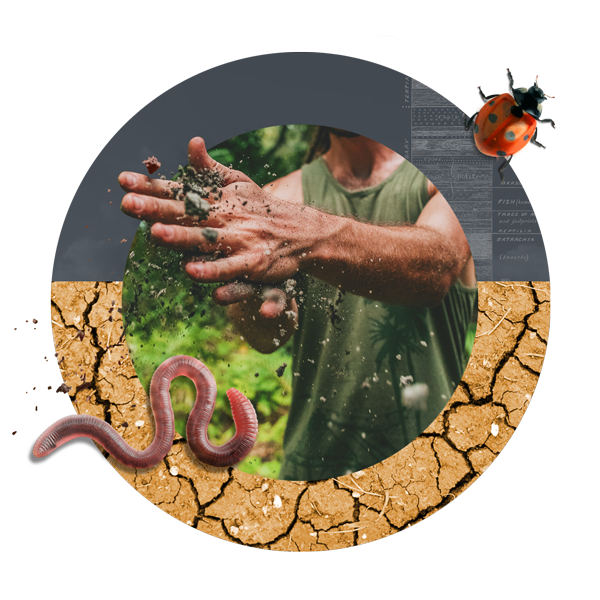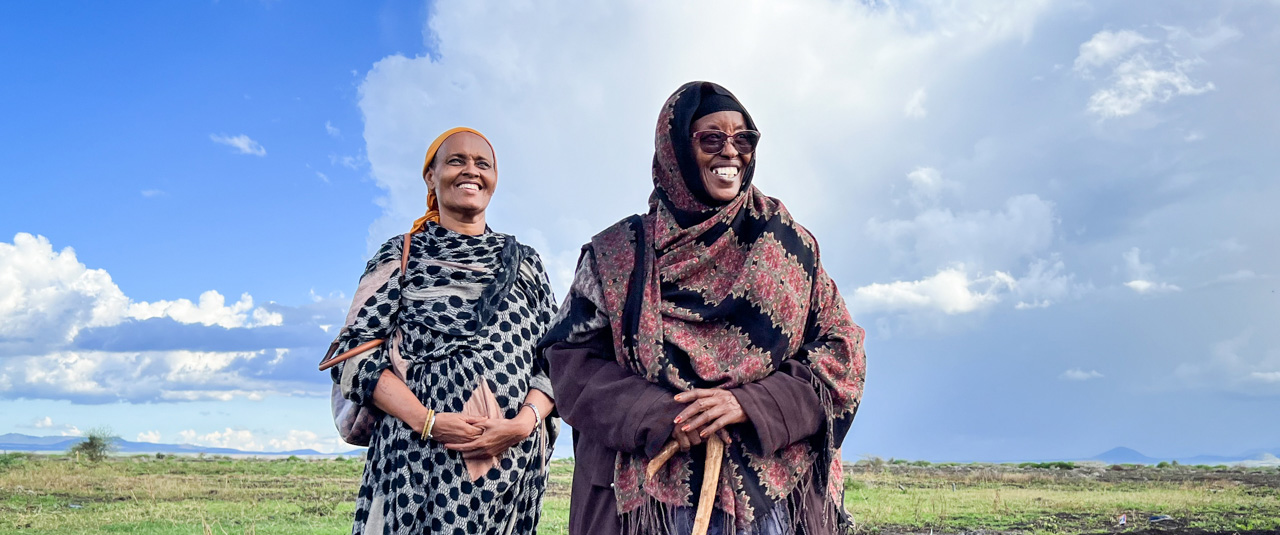Seeding Change: Participatory Grantmaking to Support Agroecological Solutions Around the Globe
Donors
From small and large foundations to individual philanthropists to bilateral and multilateral development agencies, the Agroecology Fund unites diverse interests. Donors come to the Agroecology Fund with varied concerns—from food sovereignty to climate resilience, human rights to nutrition. We pool resources to make grants to impactful collaboratives, engage in active learning with our grantees and advisors, and advocate for philanthropic organizations, governments, and development agencies to desist from funding industrial agriculture and instead provide more financial support for agroecological solutions.
Agroecology Fund Donors* (This is a partial list as some donors choose to remain anonymous):











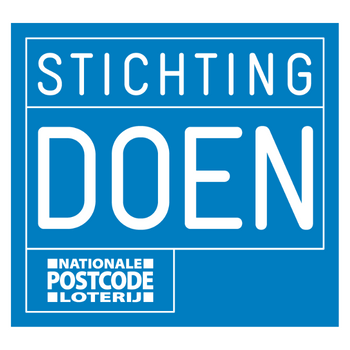




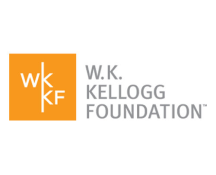






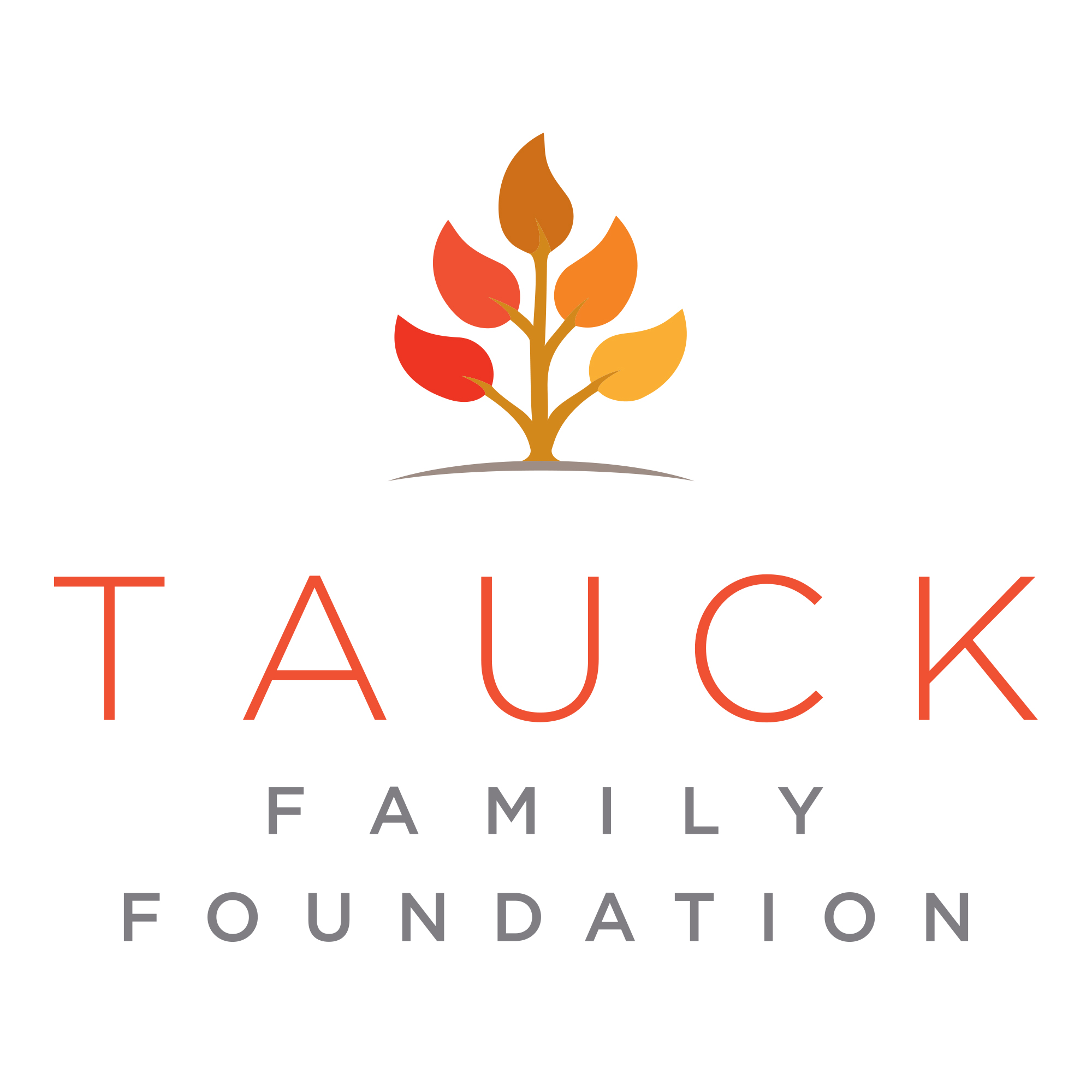


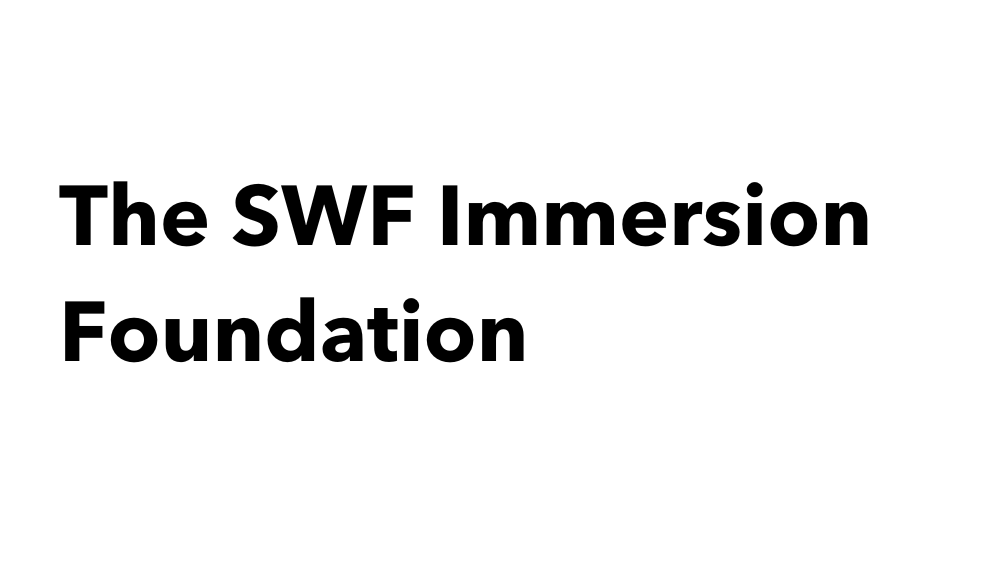









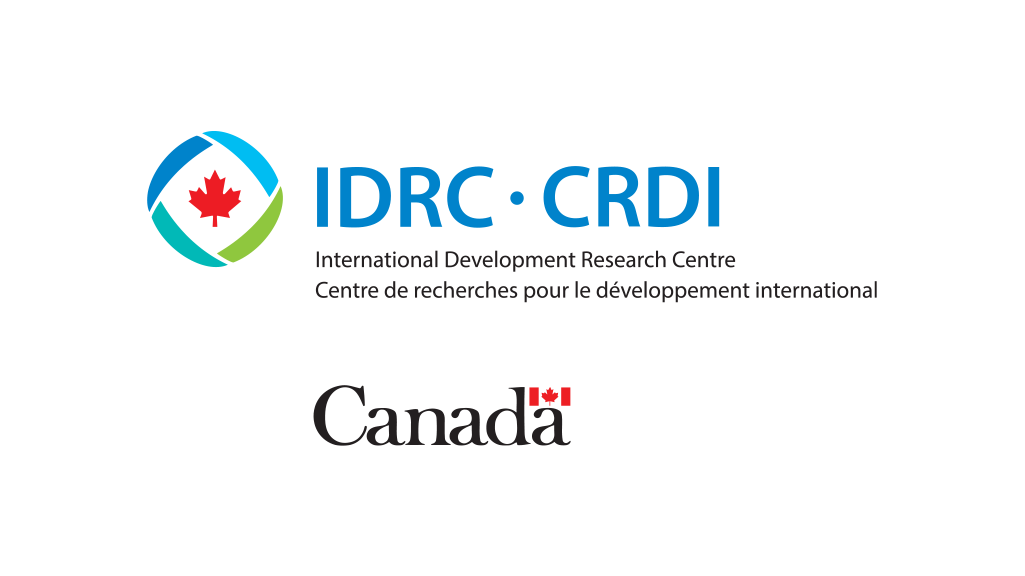

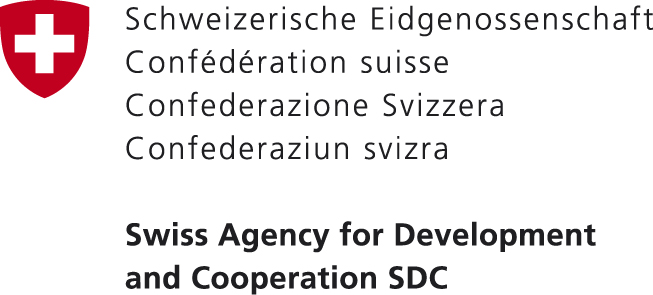

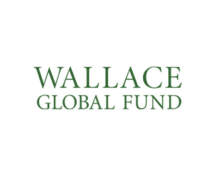

Scaling Funding
The Agroecology Fund is unabashedly ambitious. We seek to move massive amounts of money into agroecology. However, to scale agroecology sufficiently, our investments must be complemented with resources from governments, bilateral and multilateral donor agencies and private investors. We devote significant resources – and put to work our growing visibility and legitimacy as a leading agroecology funder – to engaging with donors to scale investments.
Our partners seek to influence government spending priorities – for example by advocating to shift subsidies for fossil fuel based chemical inputs to local manufacture of bio-inputs – while we simultaneously strengthen relationships with agroecology champions in diverse donor agencies.
For the past seven years, the Agroecology Fund has co-convened a wide range of donors—from UN agencies to European development agencies—to align their investments behind agroecology. With the growing, multilateral Agroecology Coalition, we launched the Agroecology Investment TrackingTool in 2023 to assess investments against the 13 Principles of Agroecology.
Investing in agroecology is fruitless unless donors simultaneously divest from and defund industrial agriculture. We support donors to examine their portfolios and remove the social license – and financial lifeline – from industrial agriculture.
To invest in agroecological solutions to global multi-crises at this pivotal moment in time, please reach out to Daniel Moss, Co-Director, at daniel@agroecologyfund.org
Invest in Agroecology
Our pooled fund brings together donors with diverse interests. Whether committed to protecting Indigenous rights and biodiversity, eradicating hunger, advancing gender equity or reversing climate change, agroecology is a proven pathway to achieving these interwoven goals. Access to healthy food underlies all rights. With industrial food systems contributing such a large share of global emissions, this is the moment to invest heavily in transforming unjust and unsustainable food systems.
Through our global network of advisors, funders, and grantees, we have a unique vantage point to identify and invest in some of the most impactful agroecological solutions. Our advisors are embedded in movements across the world, with varied expertise in agroforestry, global biodiversity conventions, Indigenous Peoples’ food systems, feminist organizing and more. Through these relationships built over time, we are able to reach the organizations and networks creating equitable solutions in their own communities.
Funders participate in the Agroecology Fund in a variety of ways, from making a monetary contribution to engaging in policy debates at the UN Committee on World Food Security, to taking part in learning opportunities, to joining the Executive Committee and deliberating with advisors over grant dockets. The Fund’s governance framework seeks to accommodate donors’ unique interests, skills, and time availability.
Our participatory monitoring, evaluation and learning (MEL) system provides a robust analysis of local, regional and local initiatives to scale agroecology around the world. These learnings serve to influence deeper funder commitments in grassroots-led agroecological transformation.
As nutritional and climate crises accelerate and future pandemics become more likely, collective action is essential. Working together, a new food future is within our reach.
